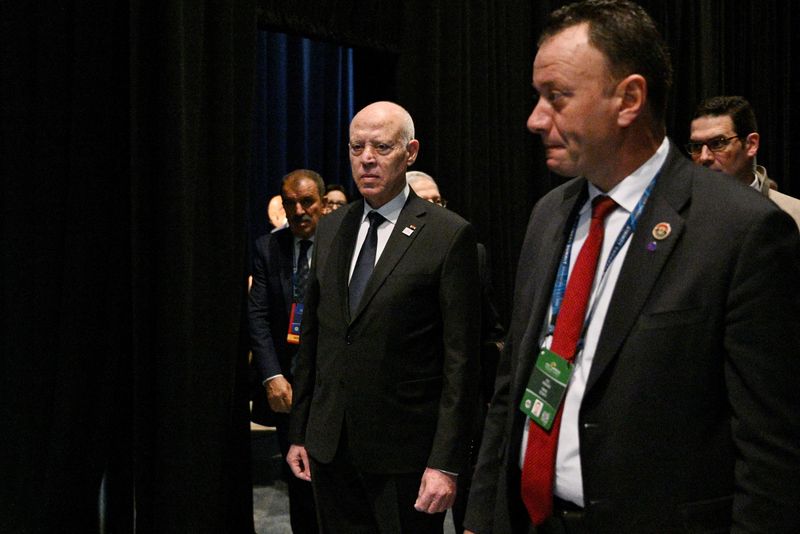Elections in Tunisia will strengthen current government
2022.12.16 05:01
[ad_1]

Elections in Tunisia will strengthen current government
Budrigannews.com – Saturday’s parliamentary elections in Tunisia will consolidate President Kais Saied’s power and bring an end to what his opponents call a march toward one-man rule in a nation that emerged from dictatorship in 2011.
The ballot bolsters a new political order following Saied’s dissolution of the previous legislature last year, 12 years to the day after Tunisian vegetable seller Mohamed Bouazizi set himself ablaze as a protest that sparked the Arab Spring.
However, it appears to have generated little interest among a populace that has become jaded due to political dysfunction and economic hardship, as it is being boycotted by the political parties that have shaped Tunisia over the past decade.
Mohamed Salmi, a Tunisian construction worker, stated that he would not vote. “Our ultimate dream has become to find a bottle of milk for our children,” he told Reuters. “They have made our lives hell.”
When Saied was elected president in 2019, he was a political independent and a former law lecturer. He said that the election was part of a plan to end the chaos and corruption he said Tunisia had under the previous system.
In the meantime, Islamist Ennahda and other post-revolutionary parties accuse him of a coup and have rejected the ballot and the president’s other actions since last summer, when he dissolved parliament and began exercising executive authority.
A parliament that has been largely defanged by a new constitution that was approved with low turnout in a referendum in July that was orchestrated by Saied to return Tunisia to a presidential system will be chosen by voters.
More Investors losing faith in UK
In accordance with the new constitution, he selects the prime minister, a departure from the previous system, which gave parliament primary authority over cabinet selection.
Nejib Chebbi, the leader of an anti-Saied coalition that includes Ennahda, stated that the election was “a still-born farce,” and it appears unlikely that the outcome will affect government policy.
It is additionally occurring in the midst of a financial emergency that is fuelling destitution, driving numerous to endeavor the risky excursion to Europe on board runners’ boats.
However, unpopular reforms are required in order for the government to secure an IMF rescue of $1.9 billion.
A growing number of groups are opposing Saied’s rule. In the lead-up to the election, the powerful UGTT labor union, which has supported some of his actions but has been cut out of economic policymaking this year, has spoken out strongly against him and the election.
Al Bawsala, a non-governmental organization that has observed parliament’s work, has declared that it will boycott the new legislature because it believes it will serve as the president’s instrument.
There are 1,058 candidates for 161 seats, 120 of whom are women, with the main parties absent.
There is only one candidate for ten of those, seven in Tunisia and three decided by expatriate voters. Seven additional seats decided by expatriate voters do not have any candidates running.








